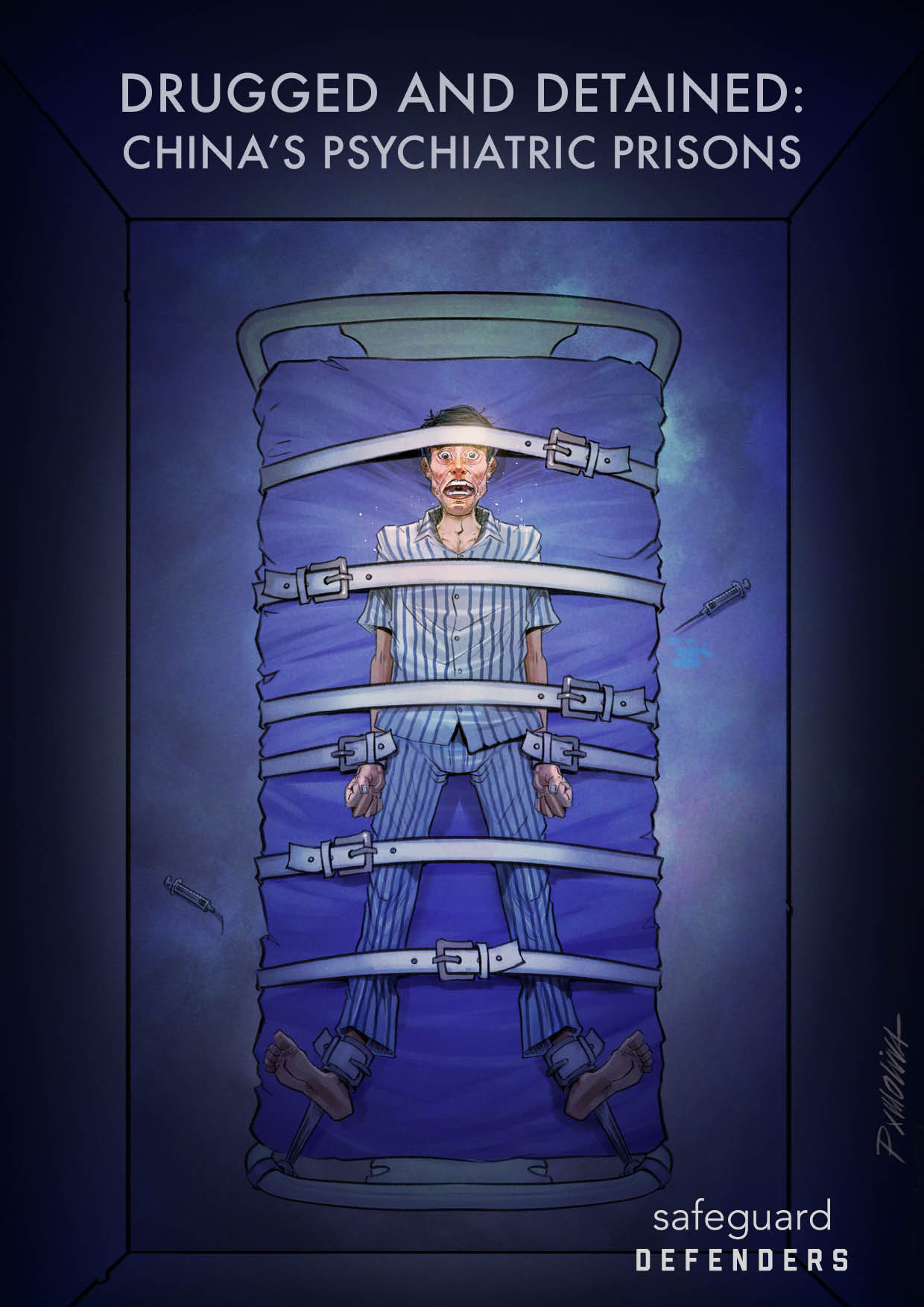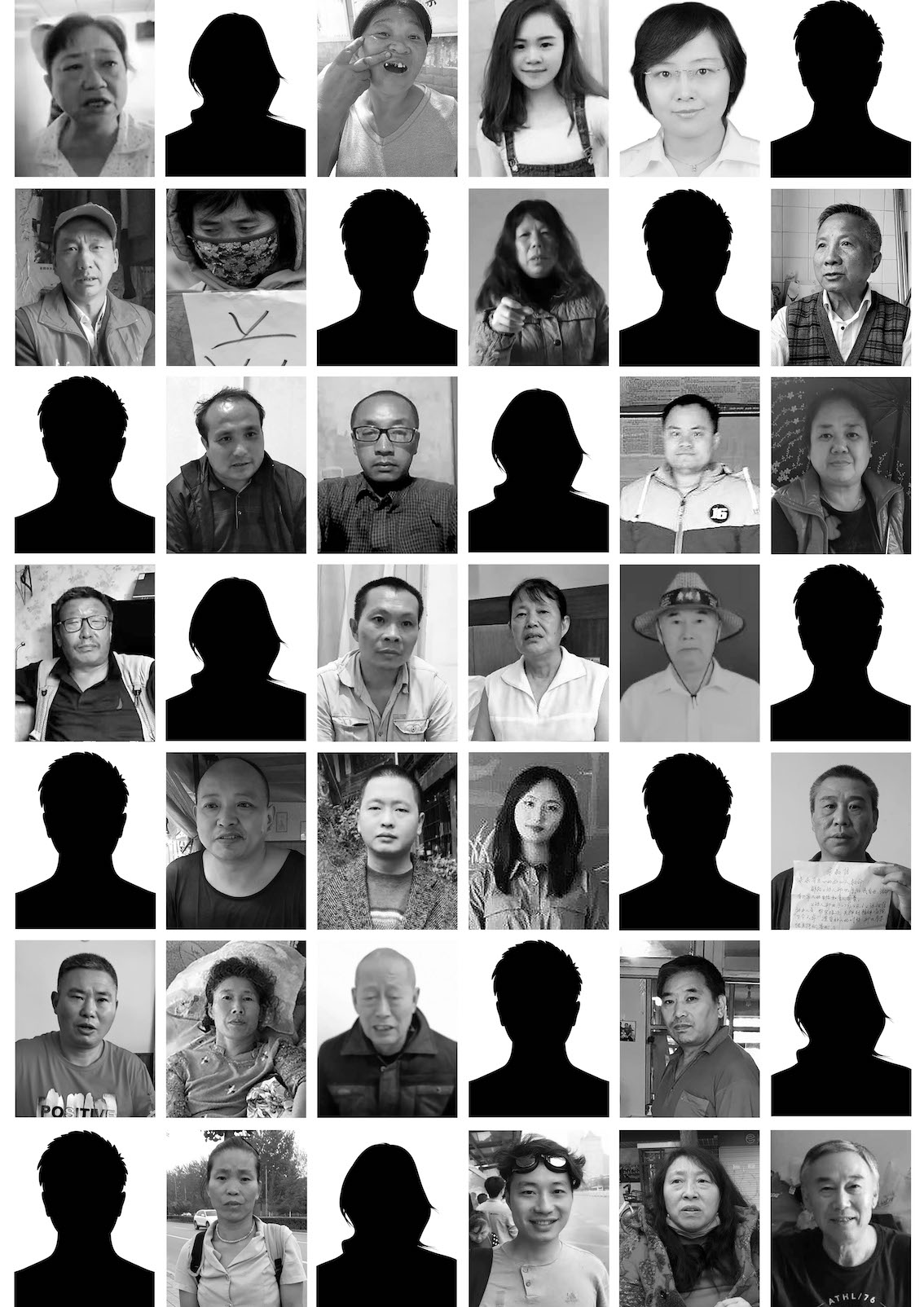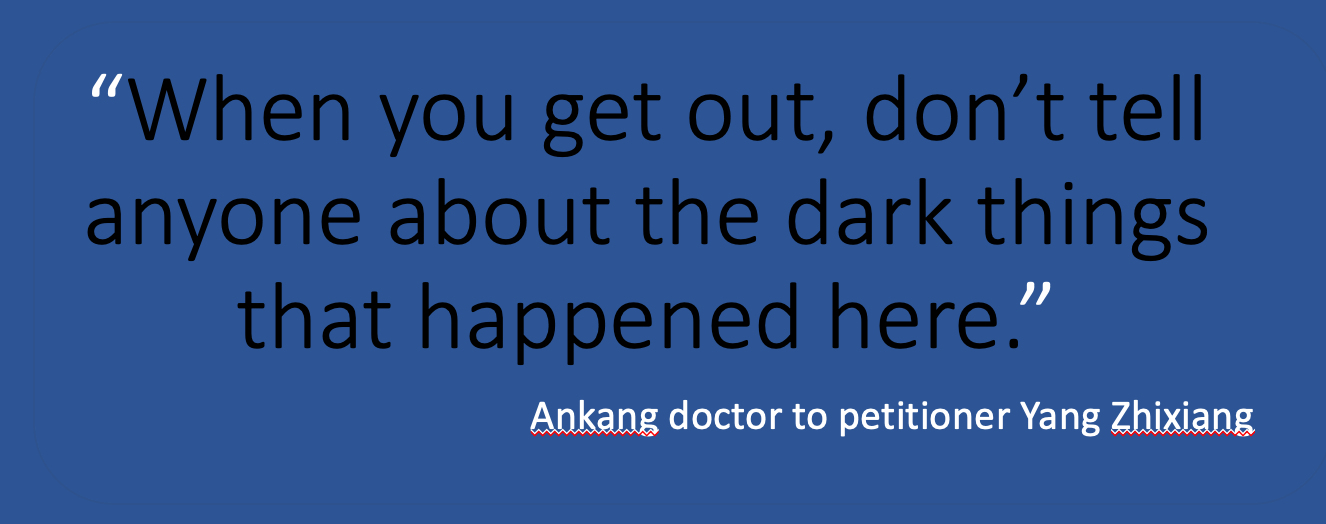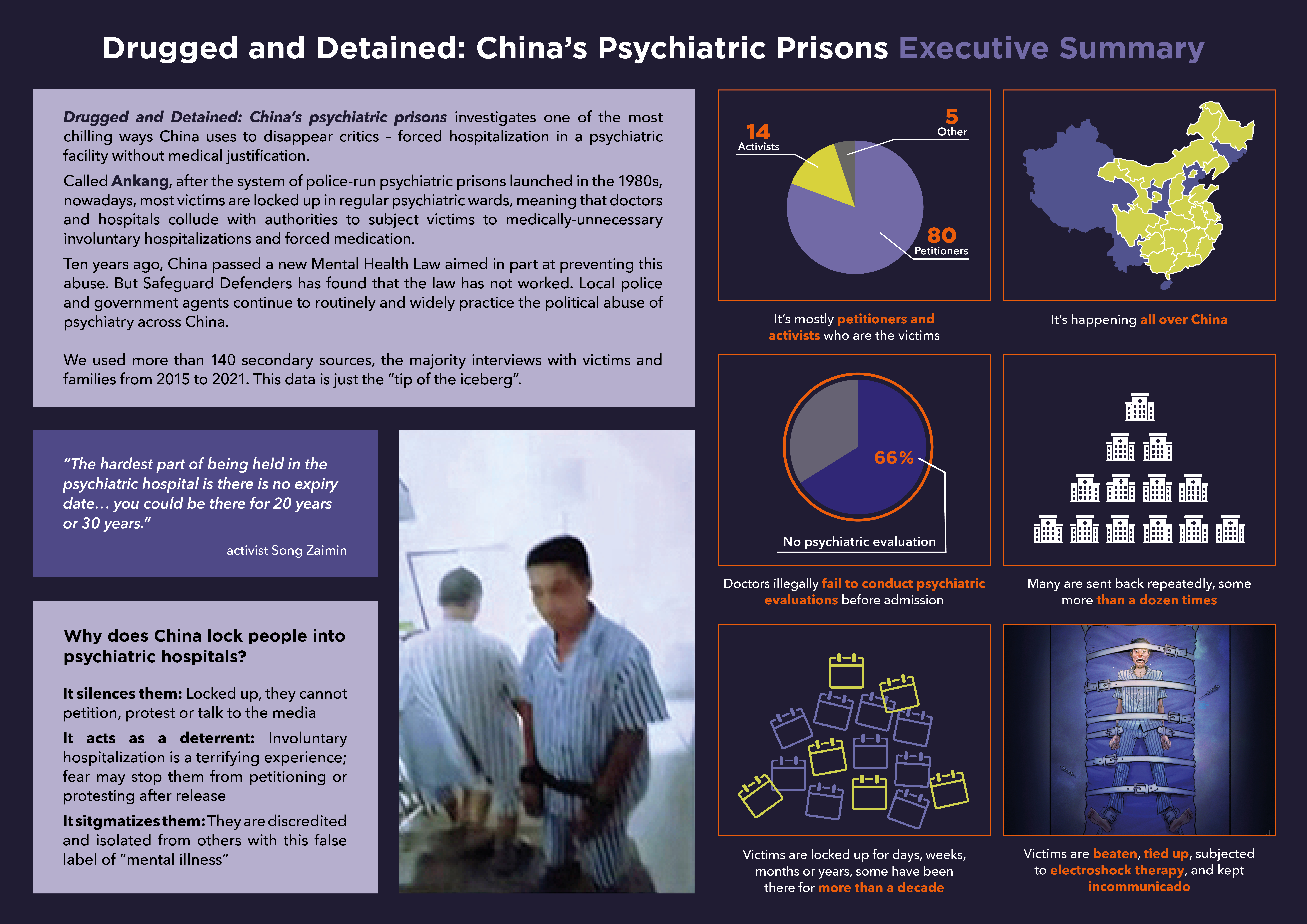@Chinese - You alone will not change anything, but they will destroy you if you open your mouths. British also have habit of MURDERING people, but its more tactical - they murder people by isolating them from society through list of jobs and bad habits which are developed out of ongoing crises - its called Involuntary treatment - being sectioned means being admitted to hospital whether or not you agree to it.
The only two countries which DO NOT practice involuntary commitment and what also
was involved in MK Ultra brainwash are Sweden where I was mistreated by police prior to attempt to file political asylum and Spain where told not to even try. I do believe that involuntary commitment is at times necessary, but that also is heavily abused for political agendas and therefore is illegal due to international human organisations such as United Nations which advocate(SEE NOTHING HEAR NOTHING KNOW NOTHING - TREATING SYSTEMATIC PSYCHIATRIC MURDER AS A FORM OF NONSENSE - EVEN A JOKE OF SOME KIND DUE TO ISOLATED CASES THAT MOSTLY MAKE IT TO UNITED NATIONS PROSECUTOR TABLE) genocidal procedures of governments participating at United Nations.
Slovenia is a country which should have been banned from United Nations long long ago and in fact even prohibited from entry to UN due to my case which commenced under Josip Broz Tito in 1972. Its not psychiatry that made it hard, but instead disgraceful SLOVENIAN national swinery.
Mental torture: China is locking up critics in psychiatric facilities
 In China, posting a political comment, submitting a complaint about a corrupt official, or shouting slogans in the street, will quickly get you locked up in a detention centre.
In China, posting a political comment, submitting a complaint about a corrupt official, or shouting slogans in the street, will quickly get you locked up in a detention centre.
Or it might get you committed to a psychiatric hospital.
A new report out today by Safeguard Defenders, Drugged and Detained: China’s psychiatric prisons, exposes how Chinese police and government agents are still sending petitioners and activists to psychiatric wards for medically-unnecessary compulsory treatment, where some languish for years.
https://safeguarddefenders.com/en/blog/mental-torture-china-locking-critics-psychiatric-facilities
Read the report (PDF) here
(Chinese version out World Mental Health Day, 10 October)
Read our Executive Summary of the report (PDF) here
The implication of this is horrifying:
In 2022, the Chinese Communist Party (CCP) is still routinely locking up political targets in psychiatric hospitals despite implementing legal changes to stop this barbaric practice more than a decade ago.
In the name of stability maintenance, the CCP is able to remove petitioners and activists entirely out of the justice system, with no hope of seeing a lawyer or going to trial, while “diagnosing” them with mental illness so that they are socially isolated even after release.
We used secondary sourced interviews of victims and their families and found 99 people had been locked up in psychiatric wards 144 times in the seven years from 2015 to 2021, covering 109 hospitals in 21 provinces, municipalities or regions across China.
It's important to note that this number is “just the tip of the iceberg”. Countless more cases would not have been noticed by NGOs and media, especially in this climate of fear under Xi Jinping that has increasingly closed off China to the outside world.
Such numbers indicate that sending political prisoners to psychiatric wards is widespread and routine in China.
Legal reforms did not work
 Twenty years ago, the world was horrified by news that China was sending activists and critics to psychiatric prisons. It was called Ankang, after the system of police-run psychiatric hospitals for the criminally insane.
Twenty years ago, the world was horrified by news that China was sending activists and critics to psychiatric prisons. It was called Ankang, after the system of police-run psychiatric hospitals for the criminally insane.
Under intense international and domestic criticism, Beijing said it was cleaning up its act. Between 2012 and 2013, it passed a new Mental Health Law to stipulate that compulsory treatment must be approved via medical assessment and revised its Criminal Procedure Law to give judicial oversight to police-enforced psychiatric commitment.
But our research has proved that these legal reforms have absolutely not worked.
Police and government agents continue to arbitrarily send petitioners and activists, sometimes repeatedly (one woman in the study had been sent 20 times!) to psychiatric commitment, both within the Ankang system and in general medical facilities.
Doctors and hospitals are either coerced by, or collude with, the authorities by allowing this abuse to take place.
There is no oversight, despite it being written into the law.
Abuse inside Ankang
Once inside, victims may stay there for months, even years. Nine victims have been inside for more than 10 years. Others have been locked up again and again (almost a third of the 99 victims had been sent two or more times).
Locked up, many patients were physically and mentally abused. They were subjected to painful electroconvulsive therapy, often without anesthesia; tied to their beds where they were left for hours to lie humiliated in their own waste; and beaten and isolated (contact with their family or lawyers through visits or phone calls was blocked).

Even after release, victims suffer from serious physical and psychological trauma including dramatic weight loss, scars from being left for hours tied up in soiled clothes, and marked loss of muscle strength.
The forced medication has also left enduring mental scars including signs of dementia in even young victims, night terrors, tremors and suicidal thoughts.
China must end Ankang
The problem is, stories of China’s political abuse of psychiatry, which trickle in from time to time, do not make the front page anymore. That is why Safeguard Defenders is releasing this report Drugged and Detained: China’s psychiatric prisons today to try to bring the issue to the forefront of news on China.
Safeguard Defenders urges the international community to once again pay attention to this grave abuse of human rights and help pressure Beijing to make good on its promises it made a decade ago.
China must take immediate steps to put a stop to the political abuse of psychiatry, release all those unjustly imprisoned in psychiatric hospitals and provide them with full access to remedy in seeking compensation for their ordeal and timely medical assistance in dealing with the psychological and physical consequences of their ordeal.
China should also urgently review its responsibilities to international law as regards the treatment of psychiatric patients and endeavour to revise current legislation and improve the medical sector’s understanding of such legislation to prevent this kind of abuse from happening ever again.



No comments:
Post a Comment